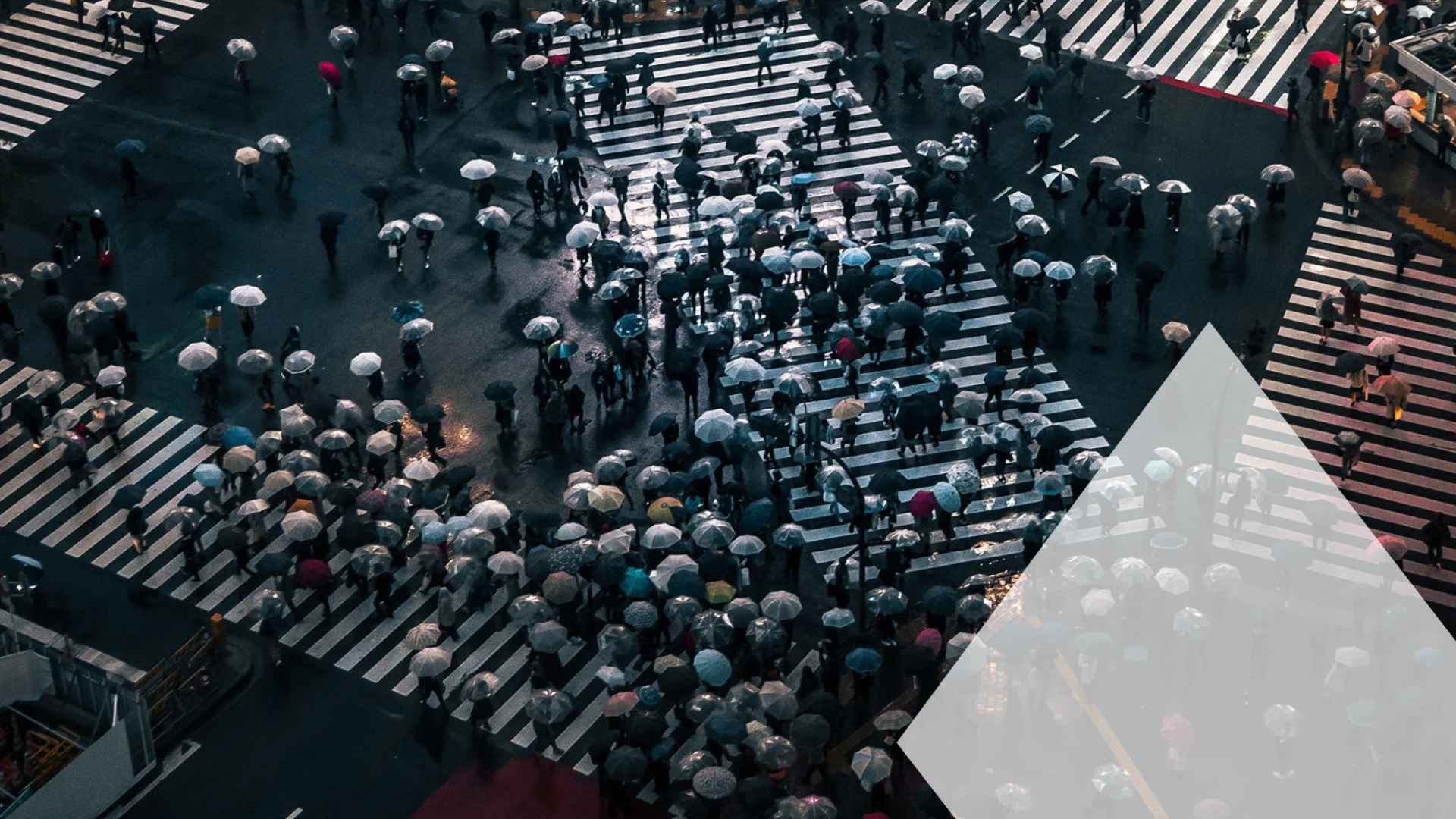Today, individuals, devices, and systems are increasingly connected through the internet. What happens if this so-called “Internet of Everything” further expands? Let’s look into the crystal ball.
Director Steven Spielberg’s modern classic Minority Report is a movie about the year 2054. It tells the story of cops who try to prevent crime before it happens by seeing into the future. Often seen as an allegory on predictive analytics, the 2002 film is also a vision of a future world where the offline and online realms are totally mixed.
Vision of a Connected World
Everywhere captain John Anderton (Tom Cruise) goes, holographic ads call his name to get his attention. Though I am sure personalized advertising will be a little more sophisticated – and less annoying – in 2054, the vision of a connected world seems much more realistic.
Since Spielberg made his movie, 16 years have passed. Let’s try to update his predictions for the year 2054. I think there are 4 main trends that are further shaping the Internet of Everything:
Blockchain Instead of Cash Money
In 2054 cash money will have been abolished, but cryptocurrencies such as Bitcoin have been fully adopted. Fraud will be decreased, there will be less friction in transactions, and markets will have become more transparent.
The Internet of Things as a Service
Future consumers will constantly be in contact with the services they have a subscription to. These premium services will deliver goods or food at any time of the day or night and at any location within a certain area.
Machines Keep Learning
In the year 2054, “There was a time when Google Assistant could only call the hairdresser!” will be a common saying. Smart assistants will have taken over more and more tasks from consumers and the workforce.
They will be integrated in consumers’ smart homes, in which they control the heat, offer entertainment, and function as a personal secretary and accountant. In the professional field, smart assistants write news articles and regulate the traffic – among many other things.
Connected Advertising
This is where the Spielberg vision will become reality, but in such a way that everyone will benefit. When customers will be shopping, they will generate Augmented Reality data based on an opt-in model. This data will be communicated in real time to the CRM system of a retailer or other service provider.
In combination with artificial intelligence, the customer will be offered discounts, relevant product suggestions, or a service upgrade. Of course, this only happens after his or her consent has been given. Companies that don’t understand the importance of data protection will have gone out of business long ago.
If my predictions come true, 2054 will be a great year. Do you want to know more about the trends that will shape the world we are living in? I advise you to follow our blog about current and future trends.
Innovation Readiness Benchmark
Great! So you want to measure yourself against best-in-class innovators?
Our Innovation Readiness Benchmark helps you to assess your innovation power and gives you a valuable insight in the areas where you need to improve.
Björn Brekel
Lead growth hacker @ RevelX
Bringing startup thinking to the boardroom
Road cycling, minimalism and blockchain enthusiast
Related posts
Strategies to counter disruption or to become a disrupter yourself
We see the same things happening in the business world.…
January 7, 2021
Early warning signals for disruption
Any industry can be disrupted. Netflix is a famous example.…
December 15, 2020
The Great Reset: Disrupt Or Be Disrupted
We live in times of unprecedented change. In order to cope…
December 3, 2020



